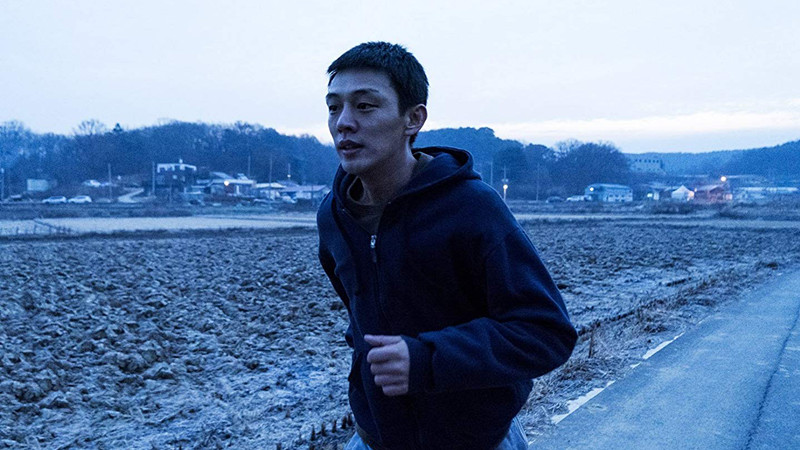
Often the best films are the ones that demand multiple viewings, inspire discussion, and provoke questions, and many of the century’s best thrillers are films that are packed with hidden details and meanings. Few things are worse than films that are forgettable and require little thought, and ultimately it’s the films that are challenging and thought provoking that rise above the rest.
The 21st Century marked the emergence of some truly amazing auteurs, many of whom made thrillers that were lauded for their creativity and complexity. While what defines complexity is subjective, films that push the boundaries and find their niches can be considered as the most interesting. Here are the ten most complex thrillers of the 21st Century.
10. The Machinist
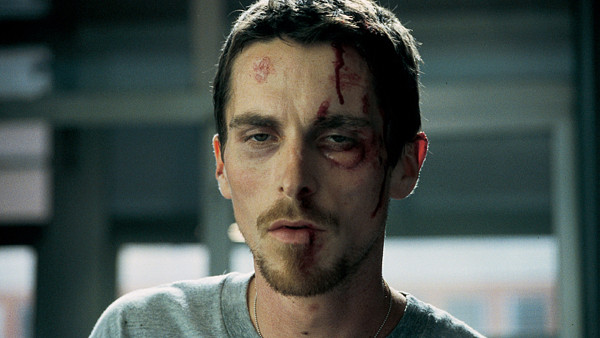
While The Machinist is best remembered for Christian Bale’s shocking weight loss, it’s also a film that immediately demands the viewer to watch with scrutiny. Unfolding at a feverish pace meant to reflect Bale’s character Trevor and his intense insomnia and paranoia, The Machinist presents a series of puzzling mysteries revolving around secret notes, a mysterious figure Ivan who no one else sees, and odd conversations with a waitress where it’s not clear what Trevor’s intentions are. The eventual revelation of the memory Trevor is suppressing explains his trauma and why he’s disillusioned, and the attention to detail makes his turn all the more convincing.
Throughout the film, imagery revolving around tunnels and cars haunts Trevor, with a nightmare experience at a fair amusement ride alluding to the guilt that Trevor feels. The surreal nature of some of Trevor’s nightmares suggest that his insomnia has caused him to hallucinate, and that even some of Trevor’s more normal interactions may be partially or completely delusional.
Similarly, Ivan’s presence can be interpreted as a vision Trevor has of his past self that guides him in making important decisions. Rarely does a film’s twist pay off in such a satisfying way, and The Machinist uses all of its visceral scares to progress to that pivotal revelation.
9. Oldboy
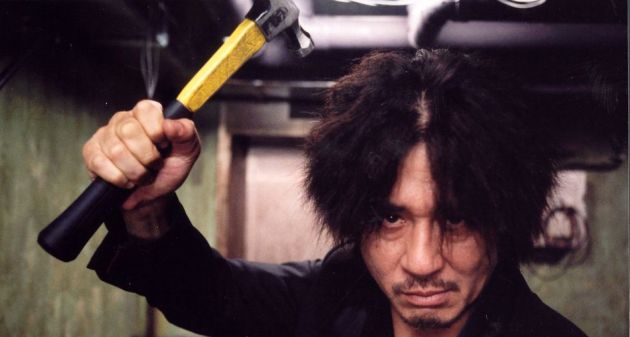
Park Chan-wook’s masterpiece is one of the most psychologically unnerving films ever made; a film that questions the very nature of revenge with one of the most shocking endings of all-time, Oldboy is so fast paced and visceral on a first watch that the twist comes as a complete shock, despite all the clues laid throughout. The revelation that everything Dae-su did was due to hypnosis on the part of Woon-jin is perfectly executed, as Dae-su’s animalistic rage and desire to see his daughter again ends up dooming him.
Among other things, Oldboy explores the nature of repetition and loops, and how the cycle of violence and revenge is destined to repeat itself. As Woon-jin inflicts the same feeling of humiliation and grief on Dae-su that he did following his sister’s death, he is also forced to suffer the same fate she did.
Dae-su’s final decision on whether or not to erase his own memories is perfectly ambiguous; it’s clear that if he did he could be forced to suffer the same pain again, but if he’s blissfully ignorant then he will carry the burden of the truth forever. These complex questions make Oldboy a fascinating and provocative film that will continue to be examined.
8. Brick

Rian Johnson’s masterful directorial debut Brick is a clever reinvention of the film noir genre set in the world of a high school drug ring, and uses many iconic detective film elements, including an opening voiceover from Joseph Gordon-Levitt as Brendan, a non-nonsense high school loner who embodies the spirit of a private eye.
The film brilliantly lifts the noir elements into a suburban high school; each school clique mirrors a crime movie element, with the flirtatious theater girl Laura as the femme fatale, Brendan’s bookworm friend dubbed “The Brain” as the reliable researcher, and the school’s domineering Vice Principal as an overbearing governmental figure.
While the film lines up perfectly with the mystery genre, it isn’t a parody, and the drama is never inauthentic just because it’s about teenagers. Like most noir heroes, Brendan starts off as removed and cold, and it’s the initial revelation that his former lover was involved in the drug ring that spurs him into action.
Brick is also one that takes multiple viewings to understand each character’s motivation fully; each rival gang leader seeks to con Brendan, and as revelations about Brendan’s ex-girlfriend Emily are unveiled their knowledge becomes more apparent. The thought and craft that Johnson lent to this micro-budget thriller is astounding, as is his attention to detail in reinventing this genre.
7. Shutter Island
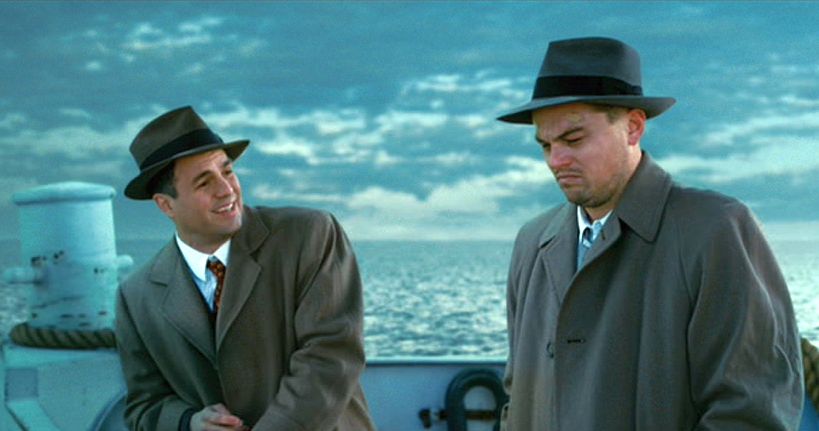
Martin Scorsese is without a doubt one of the greatest filmmakers who has ever lived, and while he’s best known for his gangster and biopic films, Scorsese has consistently shown that he’s willing to approach any genre with the same gravitas.
With Shutter Island, Scorsese relished in the horror-thriller genre with an investigative tale that transforms into a claustrophobic thriller that questions its lead character’s sanity. Leonardo DiCaprio’s character Teddy Daniels at first believes himself to be the one in charge, but when he’s revealed to be living out a fantasy by means of a psychological test, he’s forced to question which version of reality will bring him fulfillment.
Scorsese does a great job at exploring the breakdown of control, and leaves subtle clues that build to the big reveal. Daniels notices elements of familiarity in the facility he investigates that allude to his former life, and grows gradually uneasy as medications and illusions take a toll on his perception of reality.
Each part of Daniels’s illusion that he is a U.S. Marshall correlates in some way to the crime he’s committed, and his decision to wipe his own memory suggests that this process could end up repeating itself countless times. Shutter Island remains a fascinating entry into Scorsese’s catalogue, an eerie and multifaceted thriller.
6. Margin Call
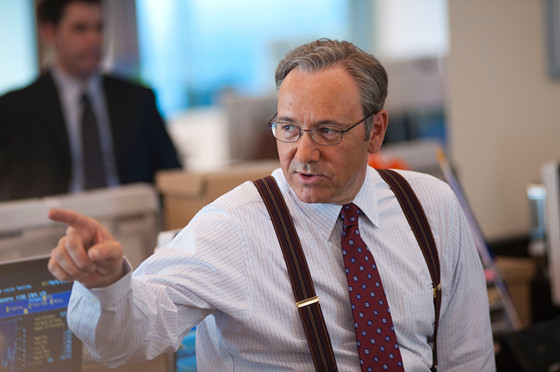
The financial crisis has been a challenging event to show on film, as the nuance is often lost and the dense material is hard to depict in an interesting way. J.C. Chandor’s 2011 film gets to the heart of the meltdown by tracking the night of the crash through the eyes of one investment bank; while the company is fictitious, it’s clearly inspired by real Wall Street banks and their response to the impending collapse. The story is initially seen through the eyes of Peter Sullivan (Zachary Quinto), a risk analyst who witnesses the mass firing of his coworkers and is tipped off by a whistleblower that a greater scheme is at play.
It’s a smart choice to make Sullivan the audience avatar; he’s an intelligent character who understands the trading world, but he’s unaware of how deep the corruption goes, and remains concerned about the large scale ramifications of his company’s decisions.
As Sullivan finds himself drawn into the company’s inner circle, which includes an excellent cast of supporting actors that include Jeremy Irons, Kevin Spacey, Demi Moore, and Simon Baker, the staff makes it clear that their own survival is the only priority and they are willing to risk any consequences to the greater financial market. Largely contained to intimate conversations and deep dives into financial patterns, Margin Call is an immersive thriller that explores the crash like a ticking time bomb.